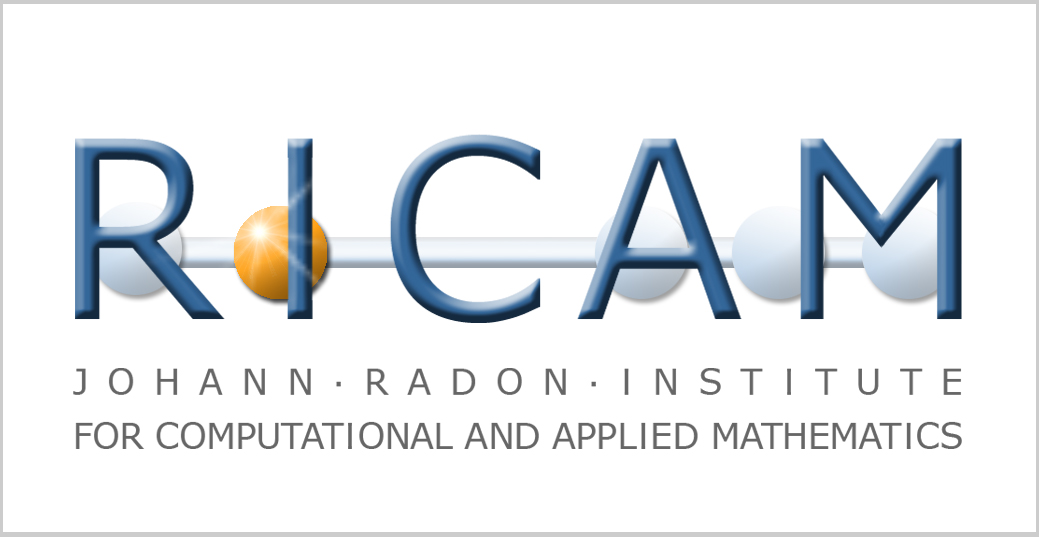 |
4th Algorithmic and Enumerative Combinatorics Summer School 2018 |
Invited Speakers
- François Bergeron (Université du Québec à
Montréal, Canada)
Combinatorial enumeration using symmetric functions, with computer algebra exploration
Abstract: Symmetric functions provide one of the most efficient tools for combinatorial enumeration, in the context of objects that may be acted upon by permutations. Only assuming a basic knowledge of linear algebra, we will introduce and describe the toolbox of symmetric functions; and give many interesting examples of their uses. In particular, we will see that many classical formulas of enumerative combinatorics afford a natural generalization in terms of symmetric functions. This will come together with several proposed experimental explorations using computer algebra tools (using SageMath; or Maple, Mathematica, etc.). We will also mention some accessible open (but hard) problems, including some related to algebraic "versions" of P vs NP; as well as a few open problems that may be more manageable.Further information (including references and software preparation) can be found here .
- Éric Fusy (Laboratoire d'informatique de l'École polytechnique, France)
Planar maps: bijections and applications
Abstract: I will introduce planar graphs and planar maps (which are embedded planar graphs). Planar maps enjoy very nice enumerative properties, as discovered by Tutte in the 1960's, and these results can now be explained thanks to bijective constructions. I will present some of these bijections and the associated tools (in particular certain orientations on planar maps), and will show a few applications, in particular for the geometric representation of planar graphs and the study of distance parameters in random planar maps. - Stephen Melczer (University
of Pennsylvania, U.S.A.)
An Invitation to Analytic Combinatorics in Several Variables
Abstract: The field of analytic combinatorics studies the asymptotic behaviour of sequences through analytic properties of their generating functions. In addition to the now classical univariate theory, recent work in the study of analytic combinatorics in several variables (ACSV) has shown how to derive asymptotics for the coefficients of certain generating functions by representing them as diagonals of multivariate rational functions. We give an introduction to the rich theory of ACSV from a computer algebra perspective - viewing multivariate rational functions as a data structure for sequences and attempting to answer computability and complexity questions which arise. Applications from several areas of combinatorics, number theory, and physics will be discussed.





